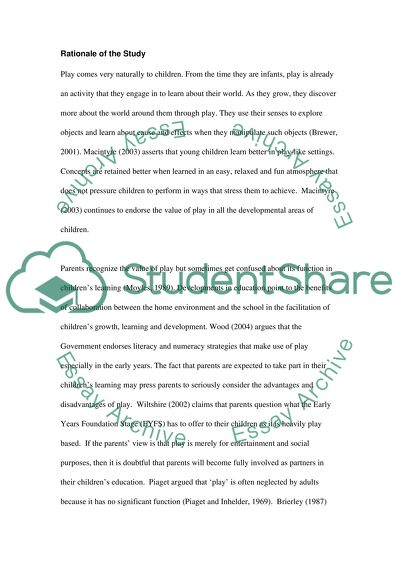Cite this document
(“Exploring Parent's Attitudes Towards Learning Through Play in the Essay”, n.d.)
Exploring Parent's Attitudes Towards Learning Through Play in the Essay. Retrieved from https://studentshare.org/education/1433525-reasearch-propsal
Exploring Parent's Attitudes Towards Learning Through Play in the Essay. Retrieved from https://studentshare.org/education/1433525-reasearch-propsal
(Exploring Parent'S Attitudes Towards Learning Through Play in the Essay)
Exploring Parent'S Attitudes Towards Learning Through Play in the Essay. https://studentshare.org/education/1433525-reasearch-propsal.
Exploring Parent'S Attitudes Towards Learning Through Play in the Essay. https://studentshare.org/education/1433525-reasearch-propsal.
“Exploring Parent'S Attitudes Towards Learning Through Play in the Essay”, n.d. https://studentshare.org/education/1433525-reasearch-propsal.


